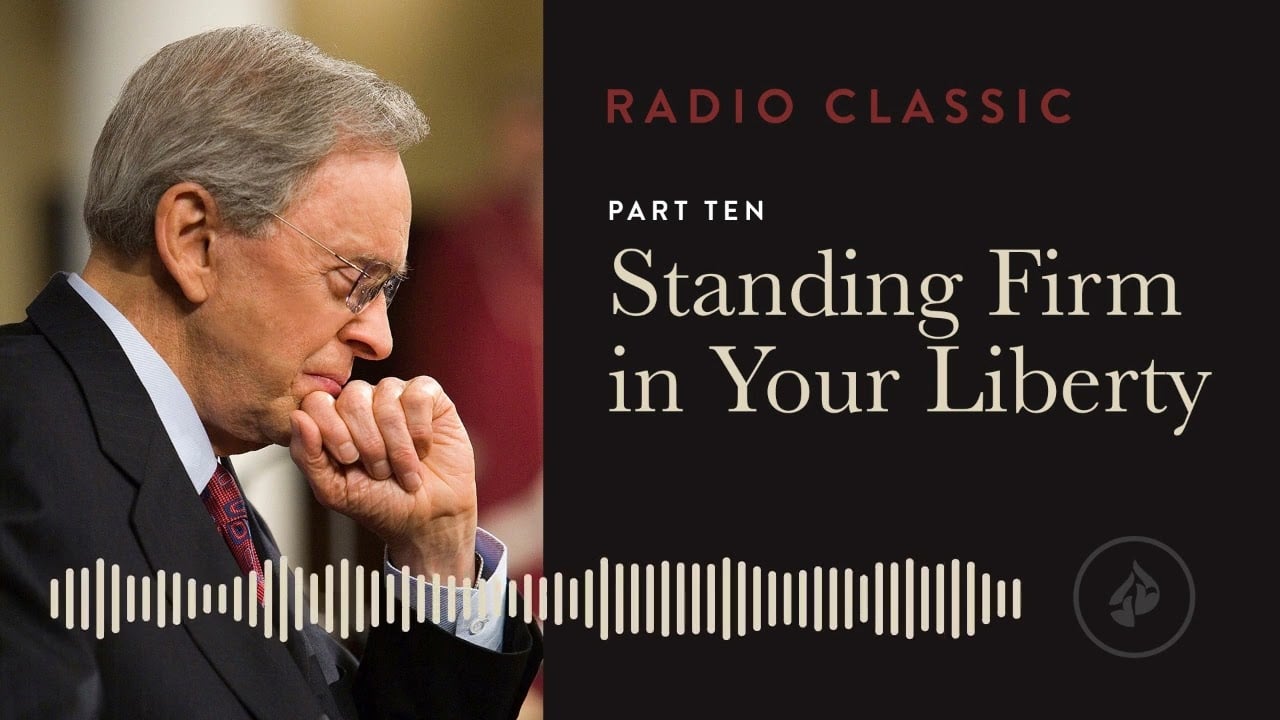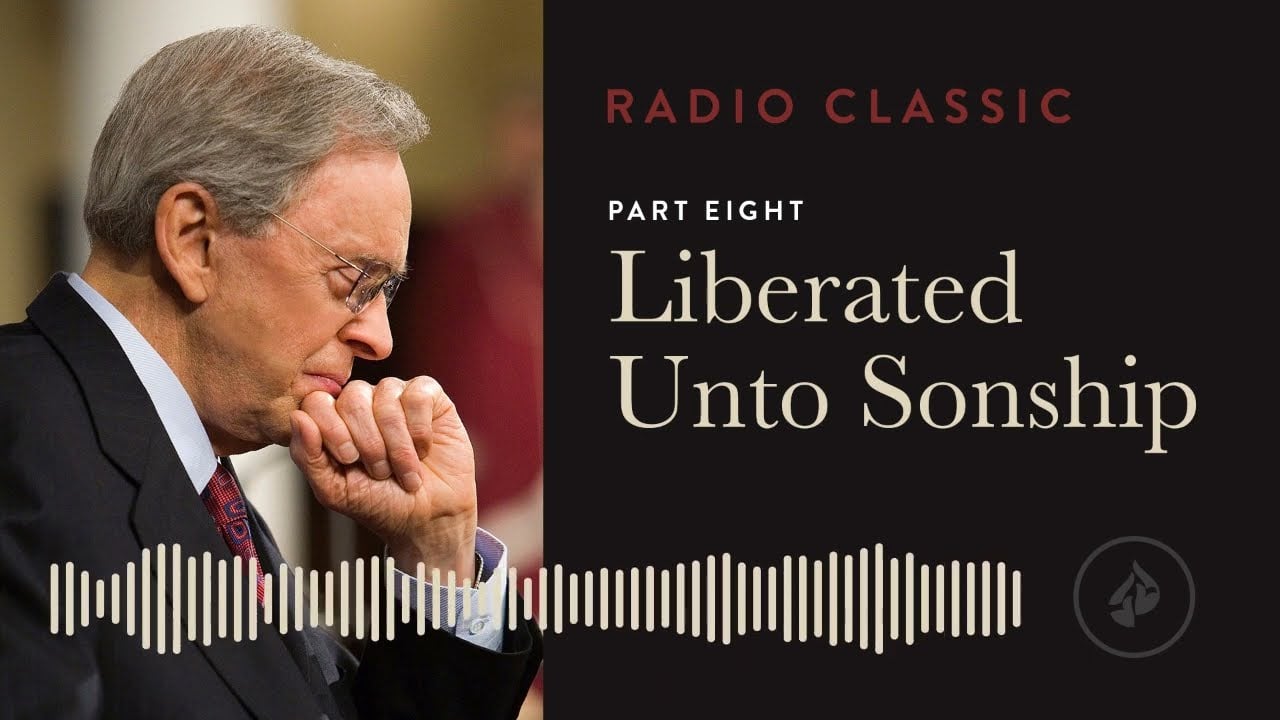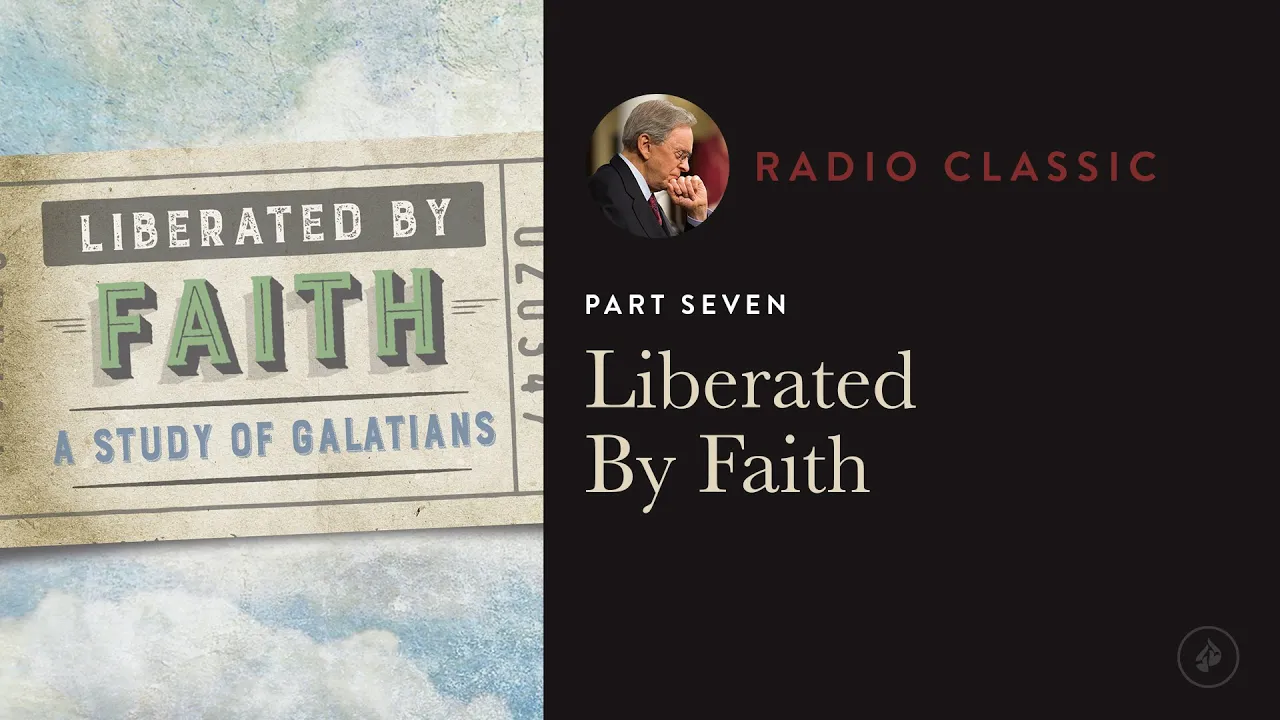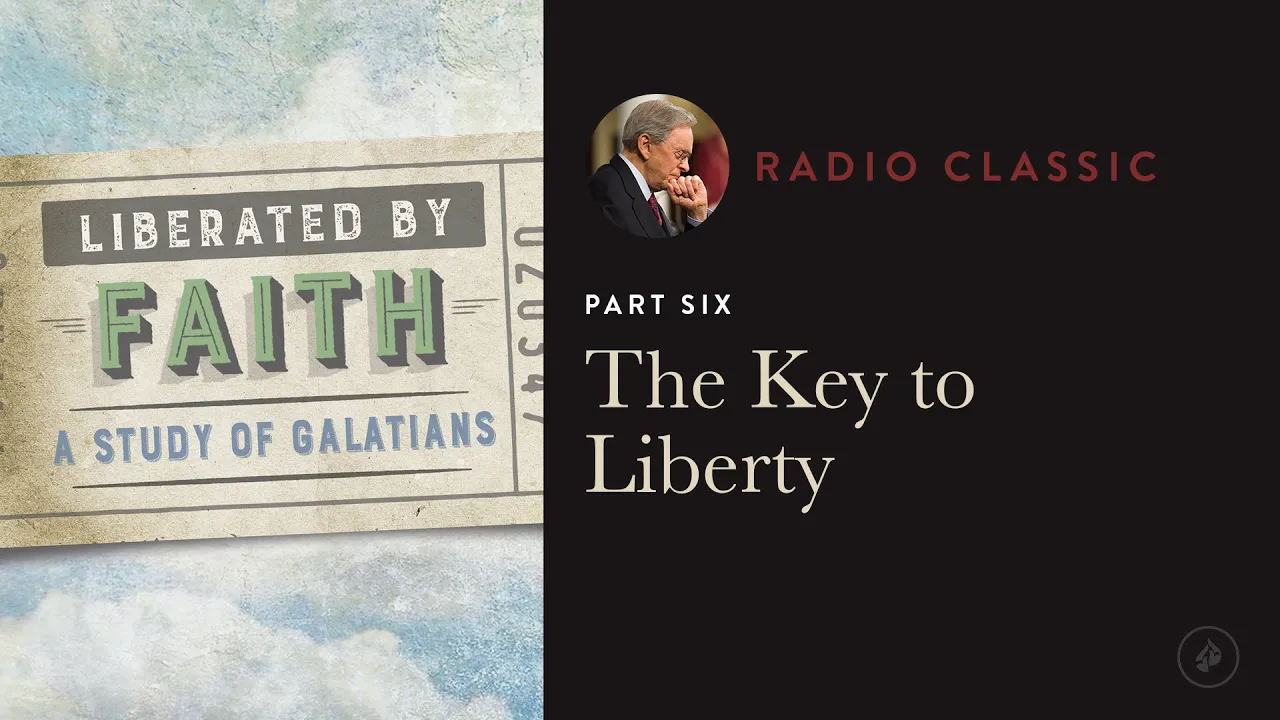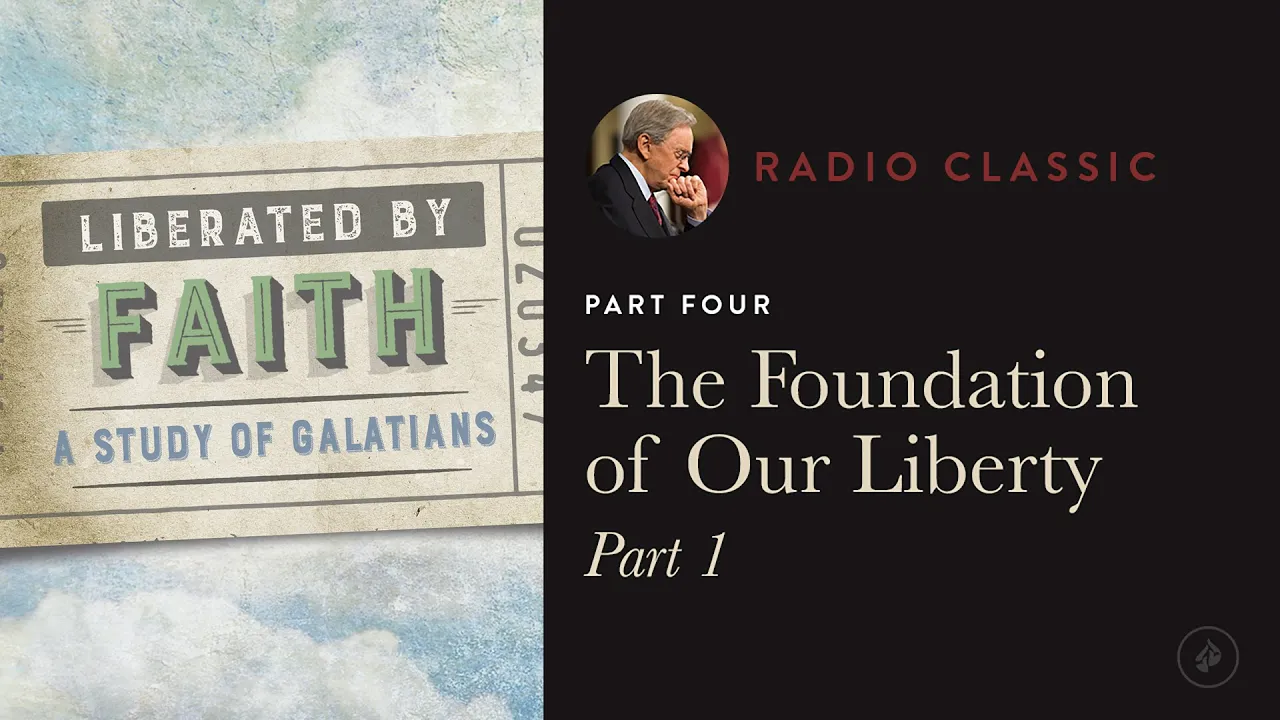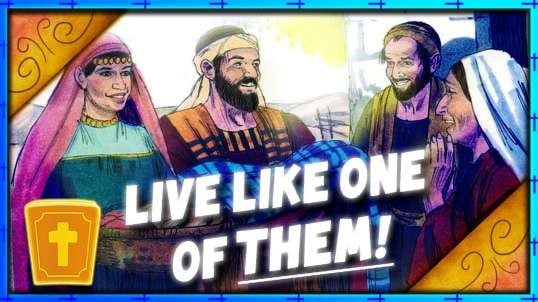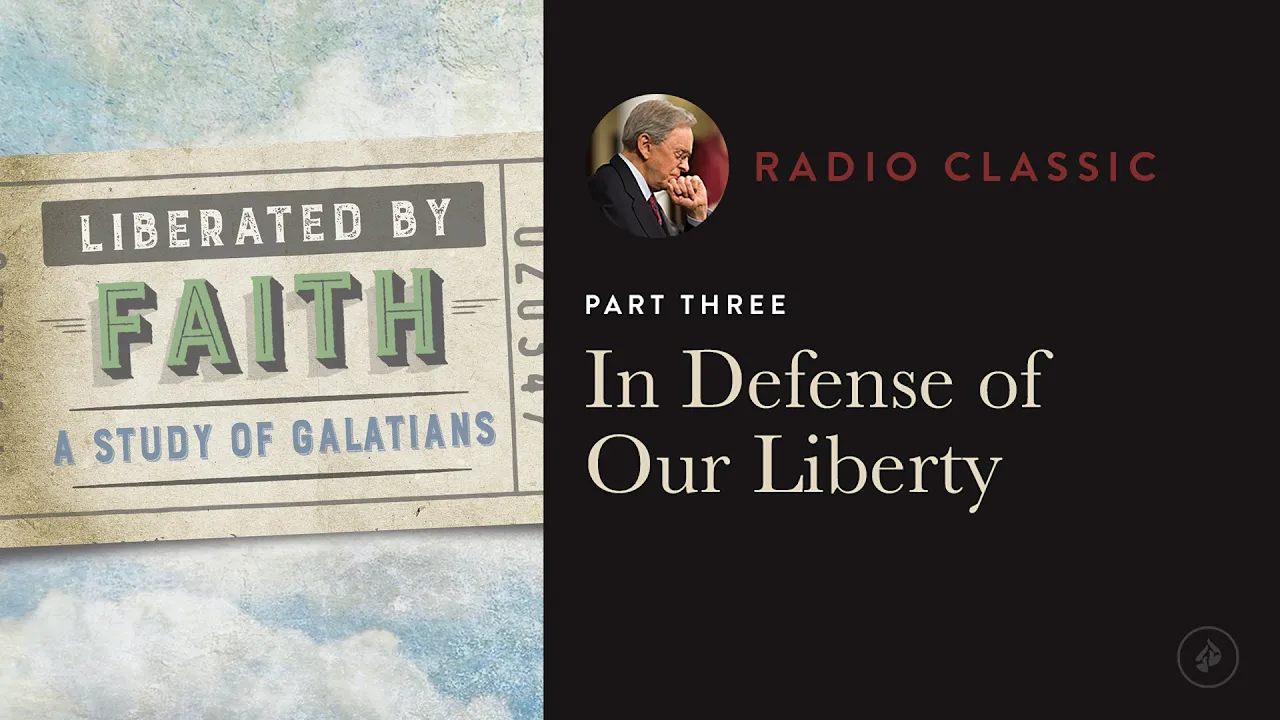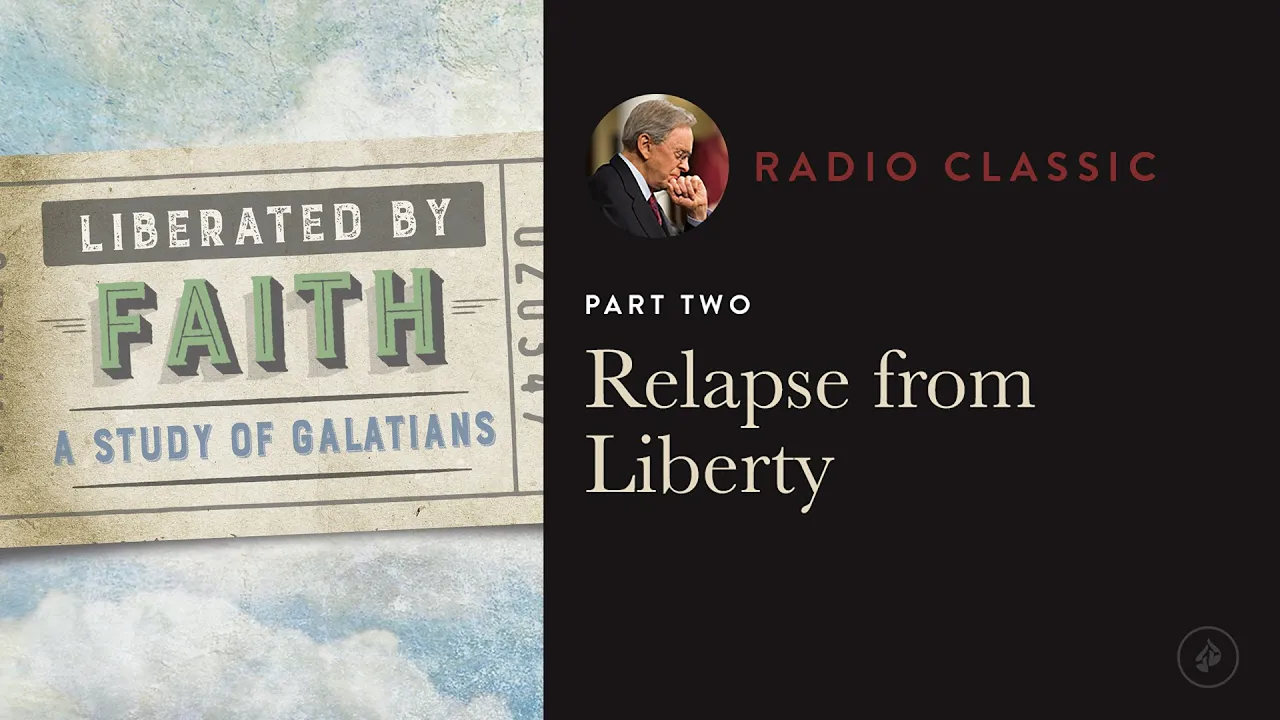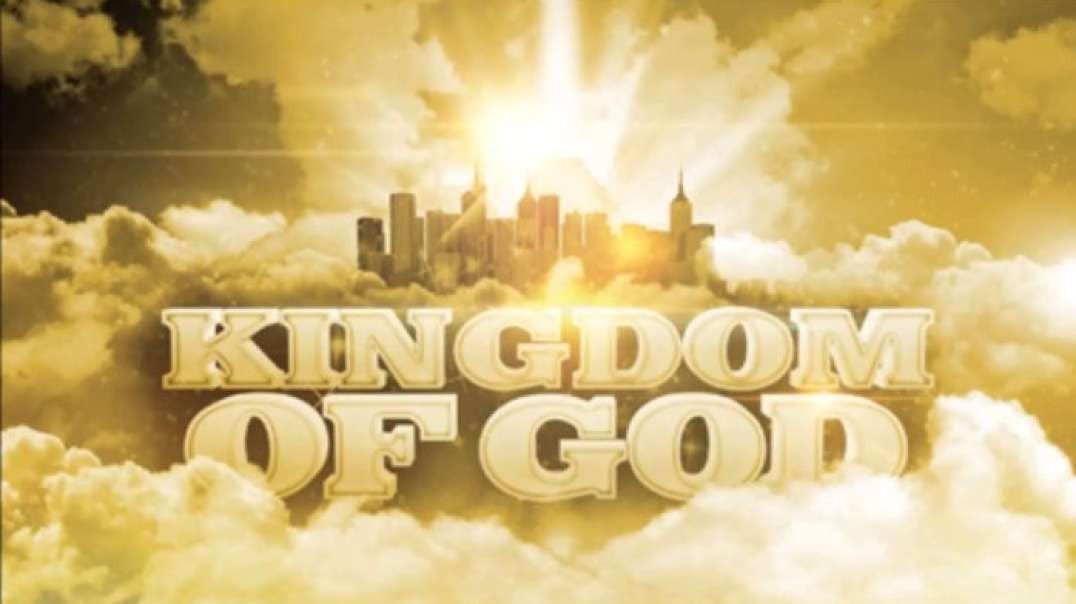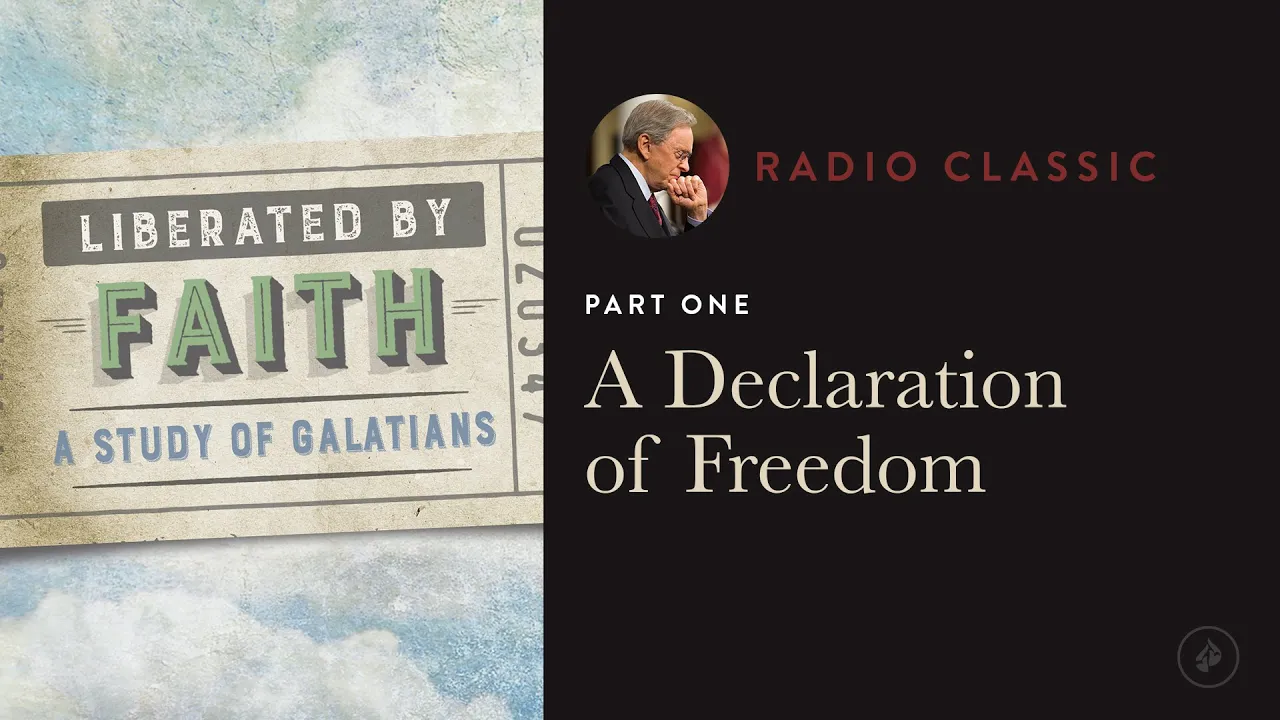Faith That Defies Kings
Now, as we continue in our third time together in this great chapter of the book of Hebrews, I think it would be helpful to remember what we’re doing in this book in general and this chapter in particular.
The book is aimed at a community of Jewish Christians in the very first generation after Jesus strode into history, fulfilled the Law, died to bear the blood-penalty for our sin, rose from the dead, and ascended into heaven to take up his throne.
And this generation is located in the last days of the Old Covenant age, just a few short years from the coming judgment of God which will utterly destroy Jerusalem, along with the Temple. But this generation is faced with the temptation to shrink back to Jerusalem, to shrink back to the familiar forms and shadows of Temple worship.
But the author of Hebrews would warn them that to do that is to abandon Christ, and to abandon Christ is to rejoin that which is about to be destroyed.
And so the main theme of the book, especially in the first ten chapters, is that Jesus is better than all of his forerunners and all of his rivals, that his Kingdom is not a small thing in Israel, but an indestructible, global people, and that therefore only a fool would go back.
So what is his message? Look to the Lord Jesus Christ by faith, not back to Jerusalem in unbelief. Their pressing need, then, is what? It is an abiding, persevering faith.
The book turns then into this great eleventh chapter and looks back over the broad sweep of redemptive history, pointing us to look at what this kind of faith has looked like and what this kind of faith has done from the very beginning of God’s work of salvation among men.
We’ve looked at what faith is—namely, trusting in the Person and the promises of God and coming to him in hope of those promises—and we’ve seen that faith in the wild. We’ve seen it in the saints who have gone before us: Abel, Enoch, Noah, Abraham, and Sarah.
This morning, in verses 20–29, we’ll continue tracing out this pattern of faith, looking at Isaac, Jacob, Joseph, and Moses. And as we do so, there are two basic ways we can err:
The first kind of error we can make is to look back over our shoulders in history at the saints of Hebrews 11 without looking through Jesus. We could reduce the story of the Bible to one of self-improvement rather than radical redemption.
We are not looking at the saints who have gone before to hear the message: You are bad, and the solution is for you to make yourself better. Here are some heroes you could imitate. No, we even look on their faith in faith. Faith in what? Faith in Christ, who was at work in them, and who will likewise work in us.
Or second, we could err through a kind of mistaken gospel-centrality that is so concerned with not making that first error that we don’t actually listen to and obey what God is telling us here in Hebrews 11. Which is what? To imitate these men and women!
The point of this passage actually is that we would be more like Abraham, Sarah, Enoch, Isaac, and Moses. The point actually is that we would imitate them, copy them, and follow their pattern of life. We imitate them by grace and through faith, yes, but we actually do imitate them!
So we will try to avoid both errors, and look even on the faith of our forefathers by faith, taking care to see Jesus working in them throughout. Look with me at verse 20. This is the Word of the Living God:
“By faith Isaac invoked future blessings on Jacob and Esau. By faith Jacob, when dying, blessed each of the sons of Joseph, bowing in worship over the head of his staff. By faith Joseph, at the end of his life, made mention of the exodus of the Israelites and gave directions concerning his bones.
By faith Moses, when he was born, was hidden for three months by his parents, because they saw that the child was beautiful, and they were not afraid of the king's edict. By faith Moses, when he was grown up, refused to be called the son of Pharaoh's daughter, choosing rather to be mistreated with the people of God than to enjoy the fleeting pleasures of sin. He considered the reproach of Christ greater wealth than the treasures of Egypt, for he was looking to the reward. By faith he left Egypt, not being afraid of the anger of the king, for he endured as seeing him who is invisible. By faith he kept the Passover and sprinkled the blood, so that the Destroyer of the firstborn might not touch them. By faith the people crossed the Red Sea as on dry land, but the Egyptians, when they attempted to do the same, were drowned.”
-Hebrews 11:20–29
We’re going to handle this text in two parts:
First, in verses 20–22, we’ll see faith at work in fathers blessing their sons and even facing their own death through Isaac, Jacob, and Joseph.
Second, in verses 23–29 we’ll see faith at work in the story of Moses and the people of Israel and see what it looks like for faith to collide with empire and evil.
